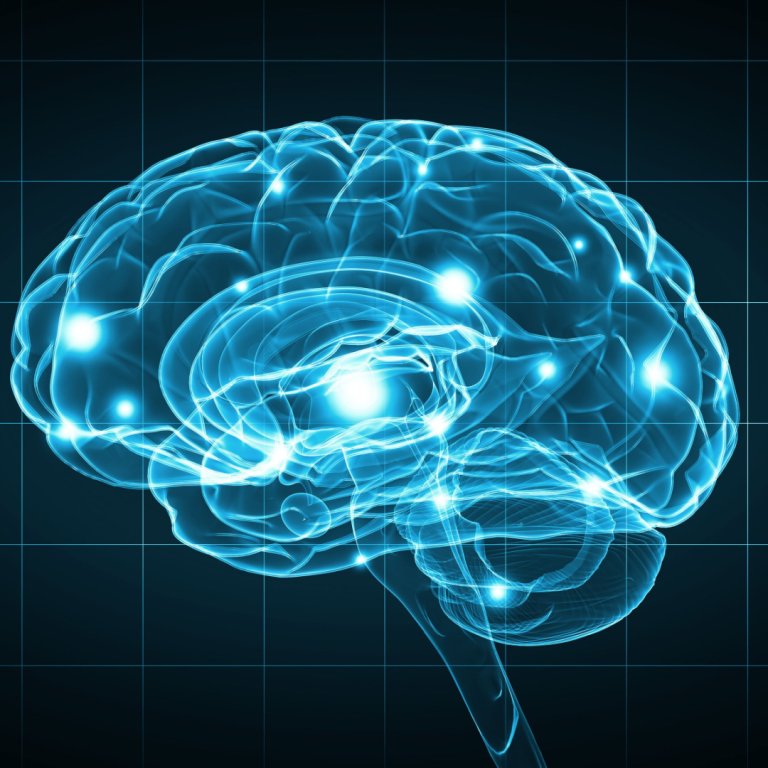Each year the Alzheimer’s Society hosts Dementia Action Week, this year from 15-21 May, to increase people’s understanding and support of the condition. With dementia diagnosis rates beginning to stagnate, the Alzheimer’s Society wants to encourage people to act on dementia and highlight the benefits of early diagnosis.
Over 40,000 people under the age of 65 live with dementia in the UK, but with people’s support, that can be reduced.
There is a proven link between hearing loss and dementia, but this is something that can be addressed with the help of hearing aids. Here at The Hearing Care Partnership, we are joining the Alzheimer’s Society in spreading their message about dementia.
What is dementia?
Statistics show that about 1 in 14 of us in the UK over the age of 65 have a form of dementia [1], yet many of us are unaware of what it is or even what the symptoms are. Officially, dementia is a blanket term for all kinds of brain disorders which can cause symptoms such as memory loss, speech problems and difficulty processing thoughts. This is caused by nerves in the brain being damaged or an issue with brain chemistry. As you age, your chances of developing dementia increase. The fact that people are living a lot longer means we have a society where thousands of people are living with dementia, yet there is no increase in action taken against it.



